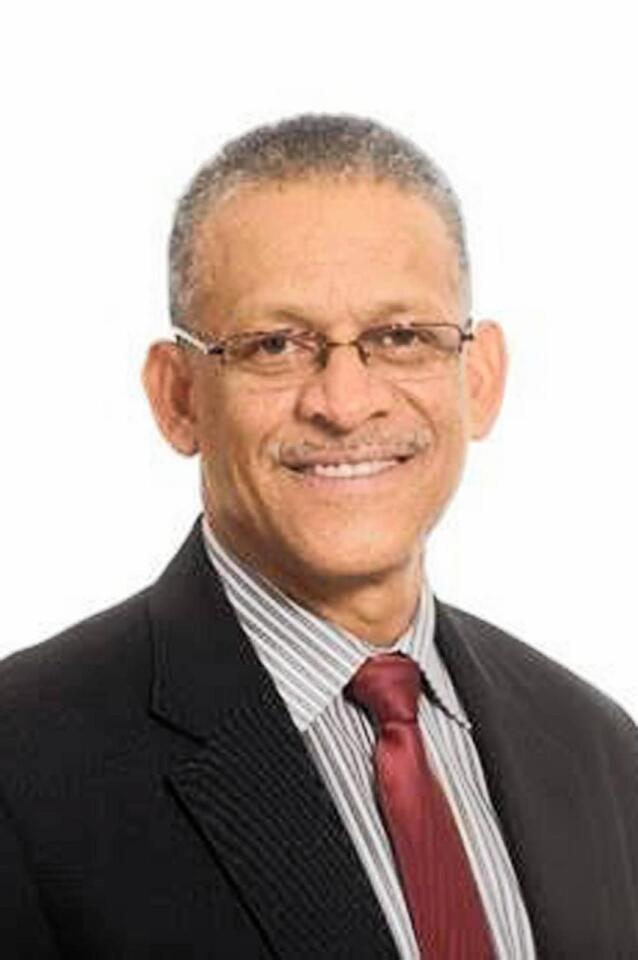Crouch has served as a Vice-Principal, Deputy Vice-Chancellor: Academic and Executive Dean of the Faculty of Science during his 11 years at the University of the Witwatersrand (Wits)
PROFESSOR Andrew M Crouch has been announced as the new Vice-Chancellor and Principal at Sol Plaatje University in Kimberley.
The chair of the university council, Judge Yvonne Mokgoro, announced yesterday that Crouch will take up the position on April 1, 2020.
“We are proud to have Professor Crouch at the helm of our University,” Judge Mokgoro said. “While he is an exceptional academic, he also has proven operational and administrative leadership qualities honed during his many years of experience as a senior executive and academic at various leading South African universities.”
Mokgoro said the council was looking forward to his leadership at this critical stage of the university’s development. “Professor Crouch has articulated a succinct five-point focus plan on taking forward the Sol Plaatje University project,” she said.
“We are pleased to have this son of Kimberley back in his home city and in the Northern Cape. We know that he will place great emphasis on the importance of engagement, partnerships and fostering sound relationships with all Sol Plaatje University stakeholders and surrounding communities.”
Crouch has served as a Vice-Principal, Deputy Vice-Chancellor: Academic and Executive Dean of the Faculty of Science during his 11 years at the University of the Witwatersrand (Wits).
At Wits he was instrumental in introducing applications of new pedagogies in the digital sphere, championing the use of innovative educational technologies and the integration of technology into existing teaching and learning programmes across multiple platforms.
He spearheaded the establishment of innovative teaching and learning spaces, smart classrooms, e-zones, simulation laboratories and virtual learning spaces, as well as a planned novel centre for educational technologies.
He also championed the Global Change and Sustainability Research Institute at Wits, which is still active today. He was also instrumental in the planning of the Wits Science Stadium complex and the Mathematical Sciences Building.
Crouch joined Wits from Stellenbosch University, where he had served as the Associate Dean of Natural Sciences. A full professor of chemistry for the past 27 years, Crouch worked at the University of the Western Cape for seven years, four of which as the Head of Department of Chemistry.
He holds a BSc (Chemistry and Biochemistry) and a BSc Honours in Chemistry from the University of the Western Cape and a PhD in Chemistry from Concordia University, Montreal, Canada.
An active member in the African higher education sector, Crouch has extensive experience in teaching, research and postgraduate training, having developed courses and taught at all tertiary levels.
He is the recipient of numerous awards for teaching, research and administration. The most notable of these are the prestigious Ernest Oppenheimer Memorial Trust Fellowship and Gold Medal from the Anglo American Chairman’s Fund as well as the Excellence in Teaching and Research Award from the International Society of Electrochemistry for his contribution to the field of electrochemistry in South Africa.
He has more than 30 years research experience in environmental electrochemistry and its applications, being the author/co-author of more than 140 research papers and conference proceedings and one patent in the area of electrochemistry.
From an initial intake of 125 students in 2014 enrolment at Sol Plaatje university has grown to more than 2 000.
The university currently employs over 400 staff (academic and support staff) and has graduated students in the degrees of Bachelor of Education, Bachelor of Science, Bachelor of Commerce, Bachelor of Arts and Bachelor of Data Science (a unique SPU degree), as well as a number of Diploma and Certificate programmes.
The focus of the academic disciplines looks to the unique needs, competence and characteristics of the Northern Cape region. This approach has brought the current focus areas of teacher education, ICT and data science, heritage studies, paleo-sciences and creative writing in African languages to the fore.
In 2019 the university received its first post-graduate students entering into honours degrees and into a ground-breaking Postgraduate Diploma in Public Management aimed at empowering serving public servants in both provincial and local government.








